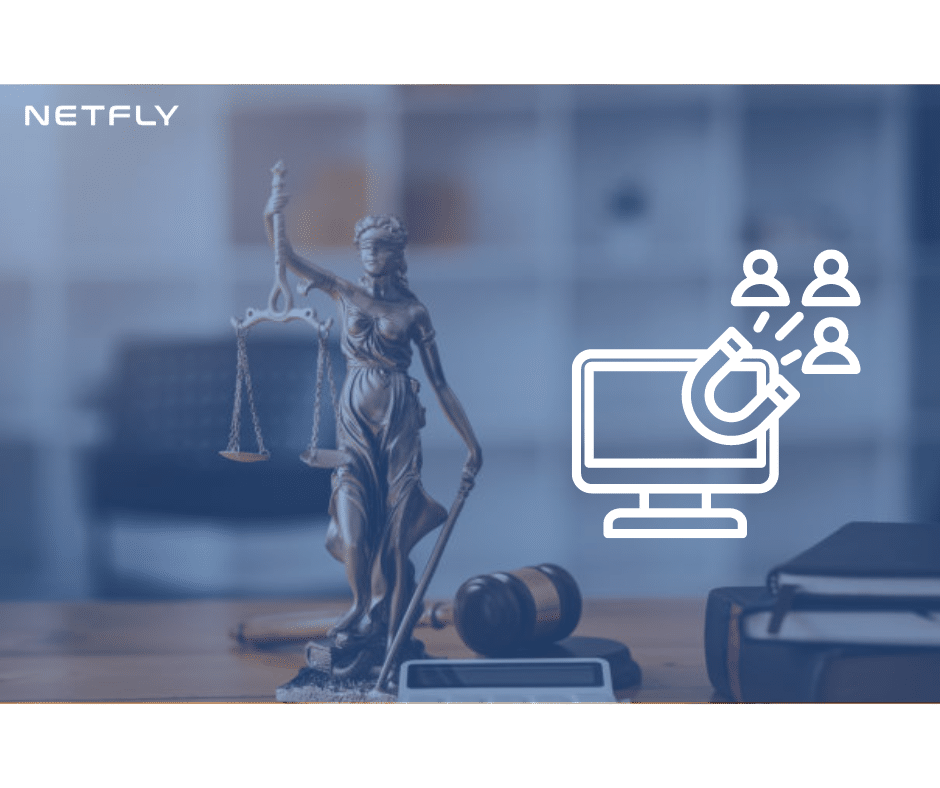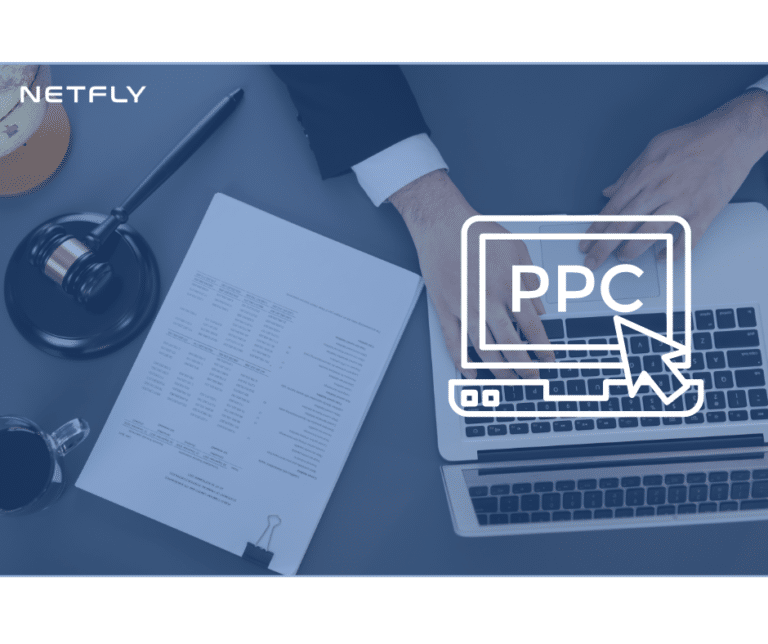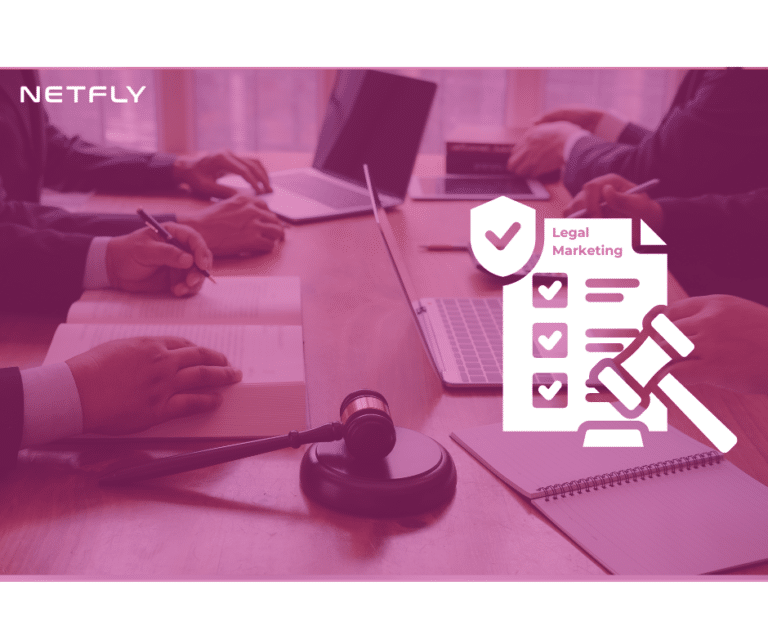As a personal injury lawyer, you know that attracting and converting prospective clients into valuable leads is essential for your practice’s growth. Implementing effective lead generation strategies such as content marketing, client testimonials, and optimized websites can establish your authority and build trust. These tactics not only increase your client base but also enhance case management and revenue. But have you ever wondered how leveraging social media engagement or email marketing could take your practice to the next level? Discover how these elements play an indispensable role in ensuring your professional success and client retention.
Key Takeaways
- Lead generation ensures a continuous stream of potential clients, vital for sustaining and growing a personal injury law practice.
- Effective strategies build trust and credibility, essential for converting prospects into clients.
- Optimized lead generation enhances case management and client retention, contributing to professional success.
- Utilizing various platforms like social media and email marketing extends reach and engagement with potential clients.
- Building referral networks offers cost-effective marketing and strengthens professional relationships, leading to more client referrals.
Understanding Lead Generation
Lead generation is the process of attracting and converting prospects into potential clients for your personal injury law practice. To be effective, you need to understand the key components that drive this process. Content marketing plays an important role. By creating valuable, informative content that addresses the concerns and questions of your target audience, you position yourself as an authority in personal injury law. Blog posts, articles, and videos can all serve as effective content marketing tools that draw in potential clients who are searching for answers.
Client testimonials are another essential element. When potential clients see positive feedback from those you’ve successfully helped, it builds trust and credibility. People are more likely to reach out if they see tangible proof that you’ve achieved favorable outcomes for others in similar situations. Encourage satisfied clients to share their experiences through written or video testimonials, and feature these prominently on your website and social media channels.
Benefits for Personal Injury Lawyers
Implementing strong lead generation strategies offers personal injury lawyers a significant advantage in attracting a steady stream of potential clients. When you actively pursue well-planned lead generation tactics, you’re setting yourself up for success in multiple ways.
First and foremost, these strategies help guarantee client retention. By consistently engaging with potential clients and nurturing those relationships, you’re far more likely to convert leads into long-term clients who trust your expertise and are loyal to your services.
Second, effective lead generation enhances your case management. With a steady influx of new cases, you can better manage your workload, prioritize high-value cases, and streamline your processes for greater efficiency.
Here are four benefits that can evoke a strong emotional response:
- Peace of Mind: Knowing you have a pipeline of potential clients reduces the anxiety of where your next case will come from.
- Increased Revenue: More clients mean more opportunities to earn fees and grow your practice.
- Professional Growth: Handling a diverse range of cases helps you refine your skills and build a strong reputation.
- Client Trust: Effective lead generation fosters relationships built on trust and reliability, important for long-term success.
Investing in lead generation is essential for thriving in the competitive landscape of personal injury law.
Optimizing Website for Leads
To boost lead generation, make sure your website features clear call-to-actions that guide visitors to contact you. Guarantee your site is mobile-friendly, so potential clients can easily navigate and connect from any device. Prioritizing these elements can greatly increase your conversion rates.
Clear Call-to-Actions
A clear call-to-action on your website guarantees potential clients know exactly how to take the next step. Whether it’s scheduling a consultation, calling your office, or filling out a contact form, clear CTAs make certain your visitors don’t leave your site without engaging.
To make your CTAs effective, consider these elements:
- Compelling Headlines: Your call-to-action should be accompanied by compelling headlines that grab attention and encourage action. For example, ‘Get Your Free Case Evaluation Now!’ can motivate potential clients to click.
- Client Testimonials: Including client testimonials near your CTAs can build trust and provide social proof. When someone sees others have had positive experiences with your firm, they’re more likely to reach out.
- Bold, Visible Buttons: Make sure your CTA buttons stand out. Use contrasting colors and bold text to make them unmissable. ‘Contact Us Today’ should be prominent and inviting.
- Clear, Direct Language: Use straightforward and concise language in your CTAs. Phrases like ‘Call Now’ or ‘Schedule a Free Consultation’ leave no room for confusion and prompt immediate action.
Mobile-Friendly Design
In today’s digital age, making sure your website is mobile-friendly is crucial for capturing leads and providing a seamless user experience. A responsive layout guarantees that your site adjusts beautifully on any device, whether it’s a smartphone, tablet, or desktop. This adaptability not only enhances user satisfaction but also enhances your website’s performance in search engine rankings.
When potential clients visit your website, they expect it to load quickly and navigate smoothly, regardless of their device. A mobile-friendly design ensures that visitors can easily find the information they need and contact you without frustration. This streamlined user experience can greatly increase your chances of converting visitors into leads.
Moreover, search engines like Google prioritize mobile-friendly websites in their rankings. If your site isn’t optimized for mobile, you’re likely missing out on valuable traffic and potential clients. Investing in a responsive layout means you’re not just enhancing the user experience but also boosting your site’s visibility online.
Utilizing Social Media Platforms
Harnessing the power of social media platforms can greatly enhance your lead generation efforts as a personal injury lawyer. By focusing on your target audience and engaging in strategic content creation, you can build a strong online presence that attracts potential clients. Here’s why social media is crucial:
- Wider Reach: By using platforms like Facebook, Instagram, and LinkedIn, you can connect with a broader audience who may need your services.
- Instant Engagement: Social media allows for real-time interactions, making it easier to respond to queries and build relationships with potential clients.
- Cost-Effective Marketing: Compared to traditional advertising, social media campaigns can be more affordable and just as effective, if not more.
- Trust and Credibility: Regularly posting informative and helpful content can establish you as a trustworthy authority in personal injury law.
To maximize these benefits, start by identifying your target audience. Create content that addresses their pain points, questions, and needs. Share success stories, legal tips, and updates on relevant laws. Use visuals like infographics and videos to make your posts more engaging. Don’t forget to measure your efforts with analytics tools to refine your strategies continuously. By leveraging social media effectively, you’ll not only generate leads but also build a community that trusts and values your expertise.
Leveraging Email Marketing
To maximize your lead generation efforts, personalized email campaigns are essential for connecting with potential clients on a deeper level. Automated follow-ups guarantee you stay top-of-mind without extra effort. Embrace these strategies to build trust and maintain consistent communication with your prospects.
Personalized Email Campaigns
Personalized email campaigns can greatly enhance your lead generation efforts by directly addressing potential clients’ specific needs and concerns. By using client segmentation, you can categorize your audience based on criteria such as case type, geographical location, and engagement level. This allows you to tailor your messages, making them more relevant and compelling.
With drip campaigns, you can nurture leads over time through a series of automated, yet personalized, emails. These campaigns keep your firm top-of-mind and demonstrate your expertise in personal injury law. You can share valuable information, success stories, and client testimonials, which builds trust and credibility.
Here’s why personalized email campaigns are a must:
- Increased Engagement: Targeted content resonates more with potential clients, leading to higher open and click-through rates.
- Stronger Relationships: By addressing specific concerns, you build a stronger, more personal connection with your audience.
- Higher Conversion Rates: Personalized messages are more likely to convert leads into clients.
- Cost-Effective Marketing: Email marketing is one of the most cost-efficient ways to reach a large audience with minimal expense.
Automated Follow-Ups
Automated follow-ups via email marketing help you stay connected with potential clients, turning initial interest into solid leads. Implementing automated responses ensures you don’t miss out on engaging with prospects promptly. When someone fills out a contact form on your website, an immediate, personalized email can be sent out, acknowledging their interest and providing them with next steps. This quick response shows importance and attentiveness, which are pivotal in the competitive field of personal injury law.
Consistency in communication is key, and that’s where follow up scheduling comes into play. By setting up a series of scheduled emails, you can keep your law firm at the forefront of a potential client’s mind. These emails can provide valuable information, case studies, client testimonials, or even tips on what to do after an injury. Each touchpoint reinforces your expertise and reliability, increasing the likelihood of converting leads into clients.
Automated follow-ups are not just about sending emails; they’re about building a relationship. By leveraging email marketing effectively, you can create a seamless, engaging experience for potential clients, ensuring they feel supported and informed every step of the way.
Building Referral Networks
Establishing a strong referral network can greatly enhance your personal injury law practice by leveraging relationships with other professionals. Network partnerships and attorney collaborations are crucial in expanding your reach and gaining trust. When other professionals refer clients to you, it’s a powerful endorsement that can greatly boost your credibility.
Here are four compelling reasons to focus on building referral networks:
- Enhanced Credibility: Being recommended by a trusted professional can instantly increase your credibility. It signals to potential clients that you’re reliable and competent.
- Steady Stream of Clients: Consistent referrals mean a steady stream of potential clients. This helps stabilize your case load and ensures a continuous flow of work.
- Cost-Effective Marketing: Unlike traditional advertising, referrals cost you little to nothing. You save money while still attracting high-quality leads.
- Stronger Professional Relationships: Collaborating with other attorneys and professionals builds stronger, more meaningful relationships. These connections can provide support, advice, and additional resources when needed.
Incorporating referral networks into your lead generation strategy isn’t just wise—it’s essential. By creating and nurturing these connections, you’ll not only grow your practice but also reinforce your standing in the legal community. Don’t miss out on this invaluable opportunity.
Frequently Asked Questions
How Can Personal Injury Lawyers Track the Effectiveness of Their Lead Generation Strategies?
You can track the effectiveness of your lead generation strategies by using conversion tracking tools and gathering client feedback. This helps you identify which methods are working and refine your approach to attract more clients.
What Budget Should Be Allocated for Lead Generation Efforts?
You should allocate 10-20% of your revenue for lead generation efforts. Effective budget allocation and cost management guarantee you attract potential clients while maintaining financial health, boosting your firm’s growth and client acquisition.
Are There Specific Tools Recommended for Managing Leads?
Investigate whether optimizing your lead funnels can boost conversions. Use CRM platforms like HubSpot or Salesforce to efficiently manage leads. These tools streamline follow-ups, ensuring you never miss an opportunity to convert potential clients into loyal ones.
How Do Personal Injury Laws Vary by State Affect Lead Generation?
State specific regulations and jurisdictional nuances can greatly impact lead generation. You need to tailor your strategies to each state’s laws, ensuring compliance and effectively reaching potential clients familiar with their local legal landscape.
What Ethical Considerations Should Be Taken Into Account in Lead Generation?
Imagine a locked vault symbolizing trust. When generating leads, you must prioritize client confidentiality and use targeted advertising ethically. Protecting sensitive information and ensuring honest representation builds trust, reflecting the vault’s security in your practice.
Conclusion
You see, lead generation strategies are crucial for personal injury lawyers. They help attract and convert prospective clients, boosting your client base and revenue. By optimizing your website, engaging on social media, leveraging email marketing, and building referral networks, you’ll establish authority and trust. Don’t you want to stay ahead in the competitive landscape? Implement these tactics today for professional growth and client retention. Your success hinges on effective lead generation.










